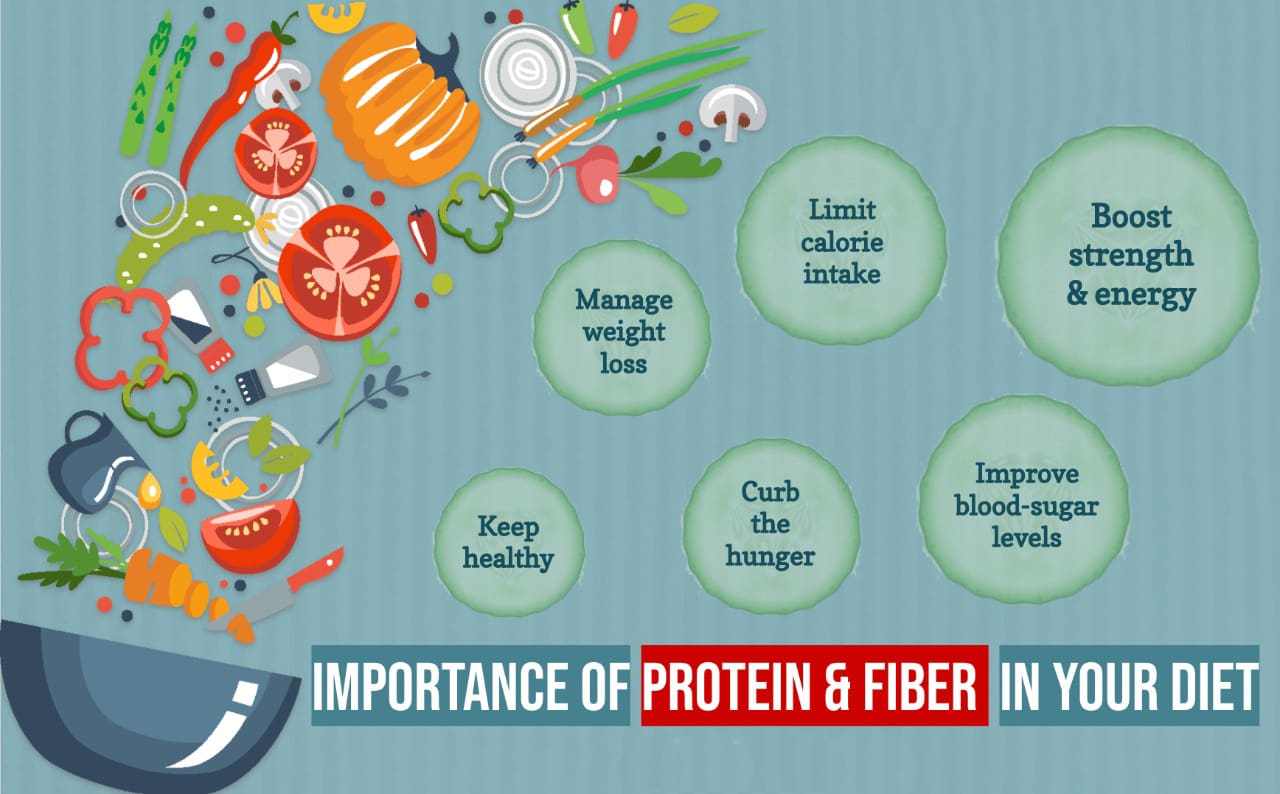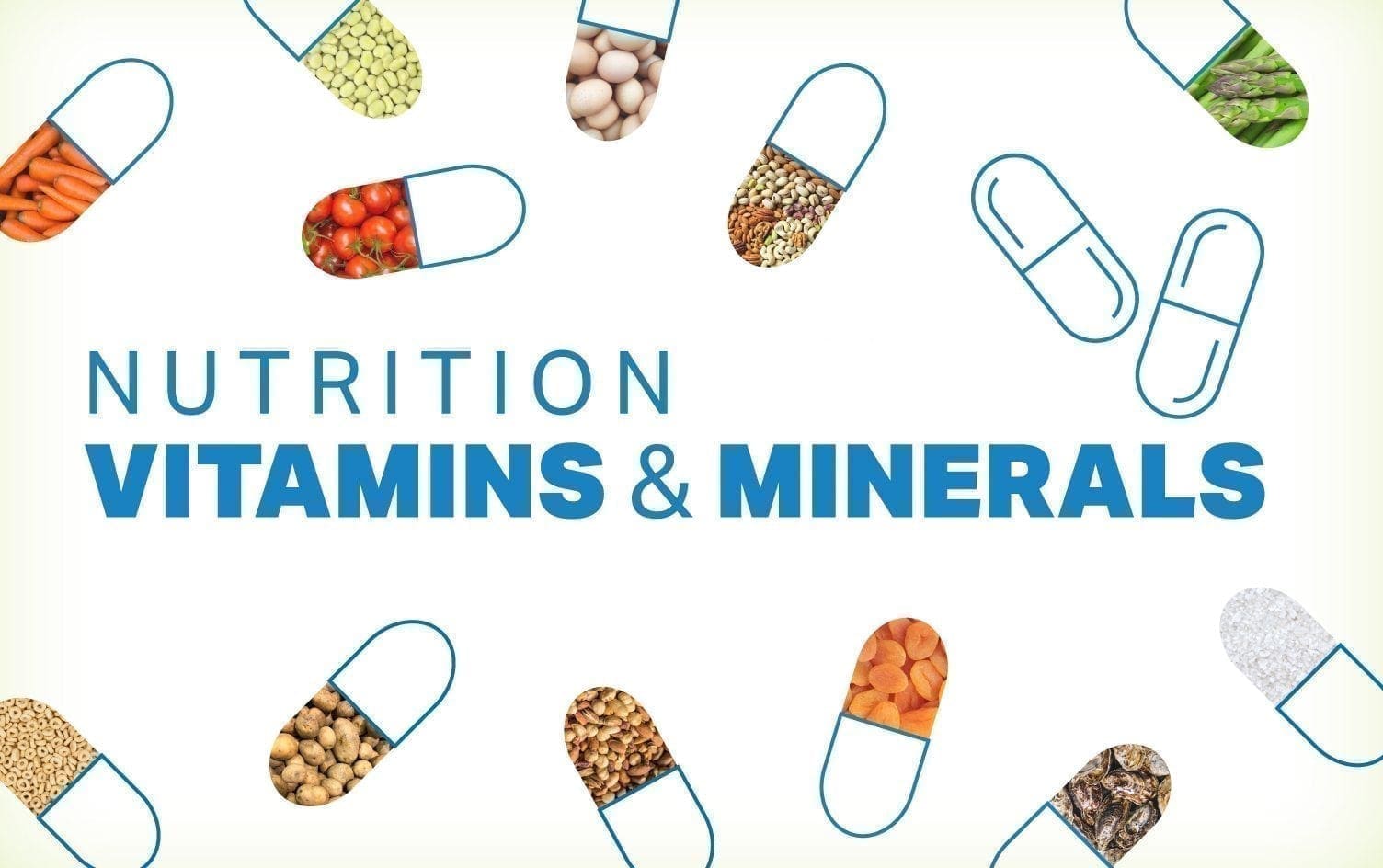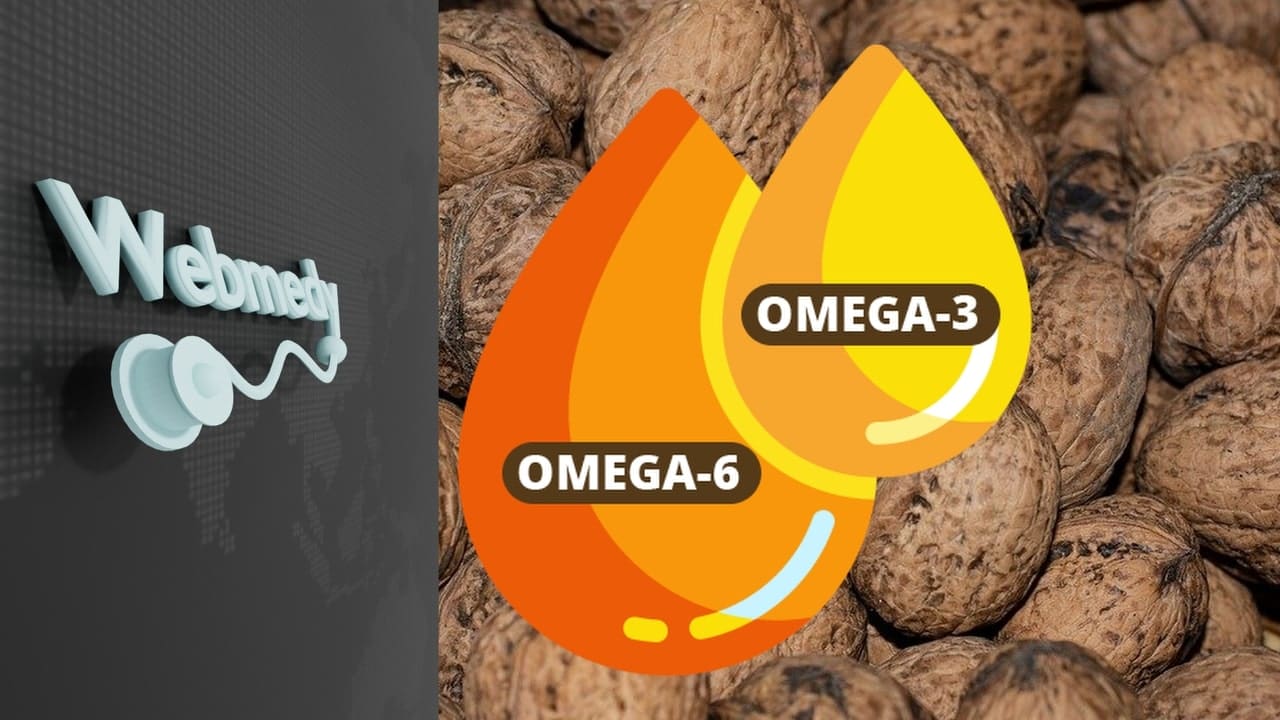As the world becomes increasingly health-conscious and environmentally aware, the topic of plant-based diets and vegetarianism has gained significant attention. More and more people are choosing to adopt plant-based diets, either for ethical, environmental or health reasons. Many individuals are concerned about their nutritional requirements and whether or not they can be adequately met without consuming meat. This article aims to provide a comprehensive understanding of the nutritional needs of humans and how they can be met without consuming meat. We will explore the various nutrients required for optimal health, their sources and how to incorporate them into a plant-based diet. By delving into the science behind human nutrition and examining the benefits of a plant-based diet, this article aims to provide readers with a thorough understanding of how to meet their nutritional needs without consuming meat. Whether you are a vegetarian, a vegan or someone looking to reduce your meat intake, this article will serve as a valuable resource for understanding the nutritional requirements of humans and how to meet them through a plant-based diet.
Importance of protein in diet

Protein plays a crucial role in the human diet, regardless of whether one consumes meat or follows a vegetarian or vegan lifestyle. It is an essential nutrient that is responsible for various functions in the body, including building and repairing tissues, producing enzymes and hormones, and supporting a strong immune system. Protein is made up of amino acids, which are the building blocks of life. Without an adequate intake of protein, the body may struggle to maintain muscle mass, heal wounds, or regulate important bodily processes. Including protein-rich foods in one’s diet, such as legumes, tofu, tempeh, quinoa, and nuts, is vital to ensure optimal health and wellness. By understanding the significance of protein and making informed dietary choices, individuals can meet their nutritional requirements and thrive on a non-meat diet.
Plant-based protein sources
Plant-based protein sources offer a diverse range of options for individuals seeking to meet their nutritional requirements without consuming meat. Legumes, such as lentils, chickpeas, and beans, are excellent sources of protein, fiber, and essential minerals. Tofu and tempeh, derived from soybeans, are versatile and provide a complete amino acid profile. Quinoa, a grain-like seed, is another plant-based protein source that is also rich in fiber and various vitamins and minerals. Additionally, nuts and seeds, such as almonds, walnuts, chia seeds, and hemp seeds, offer a convenient and nutrient-dense way to incorporate protein into meals and snacks. These plant-based protein sources not only provide the necessary building blocks for bodily functions but also offer a wide range of flavors and textures that can enhance the enjoyment of a meatless diet.
Meeting iron needs without meat
Iron is an essential mineral that plays a vital role in the body, including oxygen transport, energy production, and immune function. While meat is often considered a primary source of iron, it is important to note that individuals can meet their iron needs without consuming meat. Plant-based sources such as dark leafy greens, fortified cereals, whole grains, legumes, and dried fruits are rich in iron. For enhanced iron absorption, pairing these foods with sources of vitamin C, such as citrus fruits or bell peppers, can optimize nutrient uptake. Additionally, cooking in cast-iron pans can increase the iron content of meals. By incorporating a variety of these plant-based iron sources into the diet, individuals can easily meet their iron requirements while following a meatless lifestyle.
Essential vitamins and minerals

A balanced and nutritious diet is essential for meeting the nutritional requirements of humans, even without consuming meat. In addition to iron, there are several other essential vitamins and minerals that play crucial roles in maintaining optimal health. For example, vitamin B12, commonly found in animal products, is important for nerve function and the production of red blood cells. However, individuals following a meatless diet can obtain this nutrient through fortified plant-based foods or supplements. Calcium, vital for strong bones and teeth, can be sourced from dairy alternatives like fortified plant-based milk, tofu, and leafy green vegetables. Additionally, plant-based sources of protein, such as legumes, tofu, and quinoa, not only provide essential amino acids but also contribute to the intake of minerals like zinc and magnesium. By carefully planning and diversifying their intake of plant-based foods, individuals can ensure they meet all their essential vitamin and mineral needs while following a meatless diet.
Alternative sources of calcium
One important mineral that is often associated with dairy products is calcium. However, individuals following a meat-free diet can easily obtain calcium from alternative sources. Fortified plant-based milk, such as soy or almond milk, is a great option as it provides a comparable amount of calcium to cow’s milk. Additionally, tofu and tempeh, which are made from soybeans, are high in calcium and can be incorporated into various dishes. Leafy green vegetables like broccoli, kale, and bok choy are also excellent sources of calcium. Other plant-based foods like chia seeds, sesame seeds, and almonds can contribute to calcium intake as well. By incorporating these alternative sources of calcium into their diet, individuals can meet their nutritional requirements and maintain strong and healthy bones without relying on meat-based products.
Balancing omega-3 and omega-6

To maintain optimal health, it is essential to strike a balance between omega-3 and omega-6 fatty acids in our diet. While both types of fatty acids are important for our body’s functions, an excessive intake of omega-6 compared to omega-3 can lead to an imbalance and potential health risks. Omega-3 fatty acids, found in fatty fish such as salmon and mackerel, as well as in flaxseeds and walnuts, play a crucial role in reducing inflammation, improving heart health, and supporting brain function. On the other hand, omega-6 fatty acids, which are commonly found in vegetable oils and processed foods, can promote inflammation when consumed in excess. To achieve a healthy balance, individuals can incorporate more omega-3-rich foods into their diet while moderating their intake of omega-6 sources. This can be achieved through consuming foods such as chia seeds, hemp seeds, and algae-based supplements, which are excellent plant-based sources of omega-3 fatty acids. By carefully monitoring and adjusting the intake of these essential fatty acids, individuals can meet their nutritional requirements and promote overall well-being without relying on meat-based products.
Getting enough fiber from plants
Getting enough fiber from plants is crucial for maintaining a well-rounded and nutritious diet. Fiber, which is found exclusively in plant-based foods such as fruits, vegetables, whole grains, legumes, and nuts, offers numerous health benefits. Firstly, fiber aids in digestion by promoting regular bowel movements and preventing constipation. It also helps to control blood sugar levels by slowing down the absorption of sugar into the bloodstream. Additionally, a high-fiber diet can contribute to weight management as it provides a feeling of fullness, reducing the likelihood of overeating. Furthermore, fiber plays a key role in maintaining a healthy heart by lowering cholesterol levels and reducing the risk of cardiovascular diseases. To ensure an adequate intake of fiber, individuals can incorporate a variety of plant-based foods into their meals and snacks, aiming for at least 25-30 grams of fiber per day.
Meeting B12 requirements without meat

In order to meet the key nutritional requirement of vitamin B12 without consuming meat, individuals can explore alternative sources of this essential nutrient. While vitamin B12 is predominantly found in animal-based products, such as meat, fish, dairy, and eggs, there are ways to obtain it through plant-based options. Fortified foods, such as breakfast cereals, plant-based milk alternatives, and nutritional yeast, can be excellent sources of vitamin B12. These foods are enriched with synthetic forms of B12, ensuring that individuals following a vegetarian or vegan diet can still meet their nutritional needs. Additionally, certain types of algae and fermented plant-based products, like tempeh and miso, may contain small amounts of naturally occurring B12. However, it is important for individuals following a plant-based diet to monitor their B12 levels and consider supplementation if necessary, as the absorption of B12 from plant-based sources may be limited. By being mindful of their dietary choices and incorporating fortified foods or supplements, individuals can successfully meet their B12 requirements without relying on meat-based sources.
Importance of variety in diet
Variety in diet plays a crucial role in meeting the nutritional requirements of humans, especially when following a plant-based or vegetarian lifestyle. Incorporating a wide range of fruits, vegetables, whole grains, legumes, nuts, and seeds ensures a diverse intake of essential nutrients. Each food group offers a unique set of vitamins, minerals, antioxidants, and phytochemicals that contribute to overall health and well-being. By consuming a variety of foods, individuals can optimize their nutrient intake, reduce the risk of nutrient deficiencies, and support optimal bodily functions. Furthermore, a varied diet promotes culinary enjoyment and culinary creativity, making mealtimes more exciting and satisfying. By embracing the importance of variety in their diet, individuals can ensure a well-rounded and balanced approach to meeting their nutritional needs.
Tips for transitioning to vegetarianism
When embarking on a journey towards vegetarianism, it can be helpful to start with small steps and gradual changes. One tip is to begin by incorporating more plant-based meals into your diet, such as Meatless Mondays or trying a new vegetarian recipe each week. This allows you to explore different flavors and textures, making the transition more enjoyable. Additionally, educating yourself about vegetarian nutrition is key to ensure you are meeting your nutritional requirements. You may want to consult a registered dietitian to ensure you are getting adequate protein, iron, vitamin B12, and other essential nutrients. Experimenting with meat alternatives, such as tofu, tempeh, and seitan, can also provide the satisfaction and texture you might be looking for in your meals. Lastly, don’t forget the importance of meal planning and preparation. Having a well-stocked pantry with vegetarian staples, planning your meals in advance, and having nutritious snacks readily available can make the transition to vegetarianism more convenient and sustainable.
In conclusion, while meat has long been considered a staple in human diets, it is important to understand that it is not the only source of essential nutrients for our bodies. By incorporating a variety of plant-based foods into our diets, we can meet our nutritional requirements without consuming meat. Furthermore, this can also have numerous positive impacts on our health, the environment, and animal welfare. It is worth considering and exploring alternative dietary choices that can benefit both ourselves and the world around us.
FAQ
What are the key nutritional requirements of humans and how can they be met without consuming meat?
The key nutritional requirements of humans include protein, essential fatty acids, vitamins, and minerals. These can be met without consuming meat by following a well-planned vegetarian or vegan diet. Plant-based sources of protein include legumes, tofu, tempeh, quinoa, and nuts. Essential fatty acids can be obtained from sources like flaxseeds, chia seeds, and walnuts. Vitamins and minerals can be found in a variety of fruits, vegetables, whole grains, and fortified plant-based products. It’s important to ensure a varied and balanced diet, and in some cases, supplements might be needed to meet specific nutrient needs, such as vitamin B12.
Are there any specific nutrients that are commonly found in meat but can be obtained from vegetarian sources?
Yes, there are several nutrients commonly found in meat that can be obtained from vegetarian sources. For example, protein, iron, zinc, and vitamin B12 are often associated with meat consumption. However, these nutrients can also be found in plant-based foods. Legumes, tofu, tempeh, quinoa, and chia seeds are all excellent plant-based sources of protein. Iron can be obtained from foods like spinach, lentils, and fortified cereals. Zinc can be found in legumes, nuts, and whole grains. While vitamin B12 is mostly present in animal products, it can be obtained from fortified plant-based milk, cereals, and supplements. A well-planned vegetarian diet can provide all these essential nutrients.
How can a vegetarian diet provide sufficient protein intake to meet the nutritional needs of humans?
A vegetarian diet can provide sufficient protein intake through a variety of plant-based protein sources. Foods such as beans, lentils, tofu, tempeh, quinoa, and nuts are all excellent sources of protein. Additionally, consuming a combination of different plant-based protein sources can help ensure a complete amino acid profile. It is also important to include a variety of fruits, vegetables, whole grains, and fortified foods to ensure a balanced and nutritious vegetarian diet. Overall, with proper planning and food choices, a vegetarian diet can easily meet the protein needs of humans.
What are some potential health benefits and risks associated with a vegetarian diet in terms of meeting nutritional requirements?
A vegetarian diet can offer numerous health benefits, such as lower risk of heart disease, high blood pressure, and certain types of cancer. It is typically high in fiber, vitamins, minerals, and antioxidants, while being low in saturated fats. However, it can also pose risks. Vegetarians need to ensure they obtain sufficient protein, iron, vitamin B12, omega-3 fatty acids, and calcium, which are commonly found in animal products. Careful meal planning and supplementation may be necessary to meet these requirements. Additionally, certain vegetarian diets, such as a vegan diet, can be low in essential nutrients and may require more attention to ensure nutritional adequacy.
Are there any specific dietary considerations for individuals who choose to follow a vegetarian diet to ensure they meet all their nutritional needs?
Yes, individuals who follow a vegetarian diet need to ensure they meet their nutritional needs by incorporating a variety of plant-based foods. They should focus on consuming adequate amounts of protein from sources such as beans, legumes, tofu, tempeh, and quinoa. They should also pay attention to iron intake by including foods like dark leafy greens, lentils, and fortified cereals. Calcium can be obtained from plant-based sources like fortified non-dairy milk, tofu, and leafy greens. Vitamin B12, which is primarily found in animal products, may need to be supplemented. Overall, a well-planned vegetarian diet can provide all the necessary nutrients, but attention should be given to certain nutrients to ensure adequacy.















































